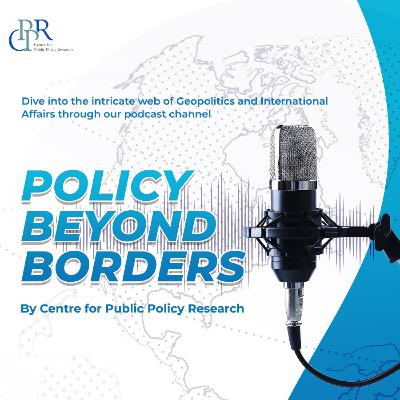EP 16 | Impeachment of the Presidents and Political Instability in South Korea | Policy Beyond Borders
Description
On 3rd of December 2024, South Korean President Yoon Suk Yeol declared martial law, citing threats from "anti-state forces." This unexpected move was met with widespread domestic and international criticism, as it was perceived to undermine democratic principles. Although Yoon retracted the martial law decree within hours, the action had already ignited significant political turmoil. Following that the National Assembly voted to impeach him from his office and Prime Minister Han Duck-soo took over the Presidential activities. but his rule also did not last long, as he was also impeached owing to complaints from the opposition that President Han Duck-soo was not ready to complete the impeachment process of President Yoon. The Constitutional Court now has up to 180 days to deliberate on whether to uphold the impeachment, which would result in Yoon's permanent removal and prompt a presidential election within 60 days. Today we are here to further understand Martial law, the impeachment of the President and further implications of this political act in South Korea.
Speaker: Dr Jojin V John, Assistant Professor and Hon. Director, Korea Centre, School of International Relations and Politics, Mahatma Gandhi University, Kerala, & Senior Fellow (Geopolitics and East Asia), CPPR
Moderator: Aleena T Sabu, Research Associate, CPPR
Discussion Points
Political and legal implications of the Martial Law in South Korea
Implications of the Impeachment of the Presidents in South Korea
Political instability and future of political leadership in South Korea
Public sentiments and the power of democracy







